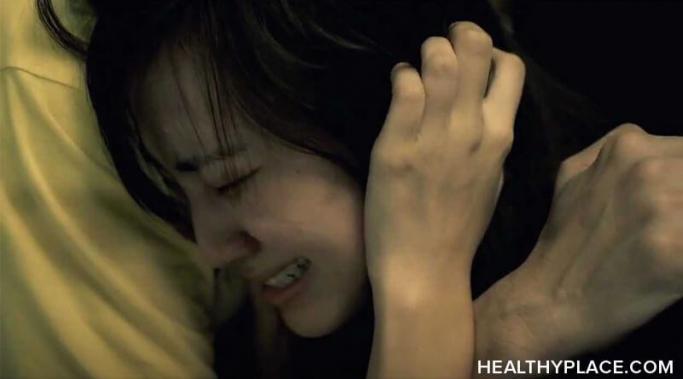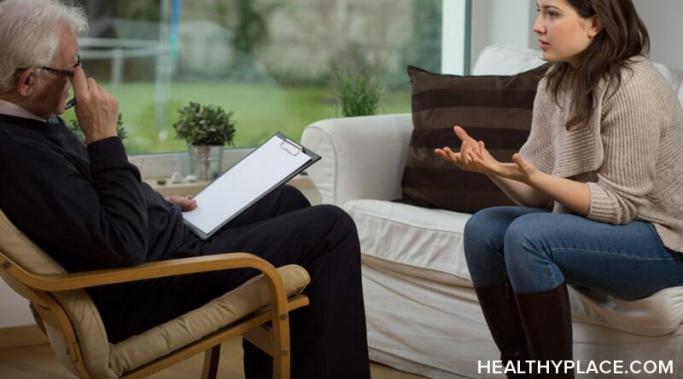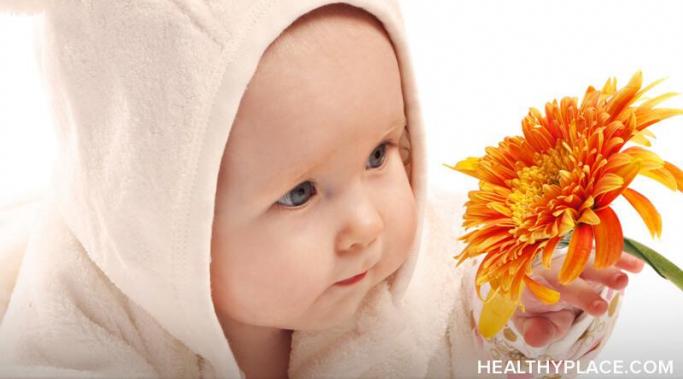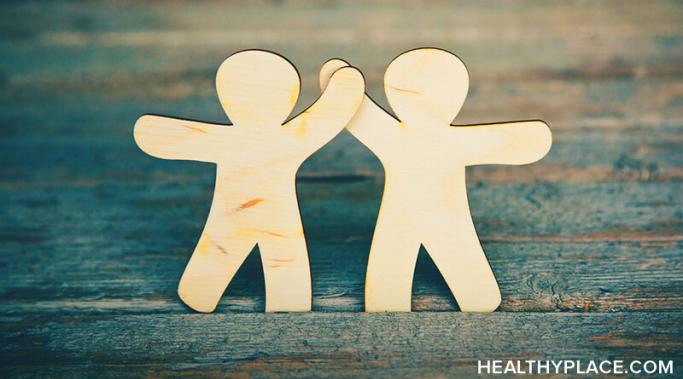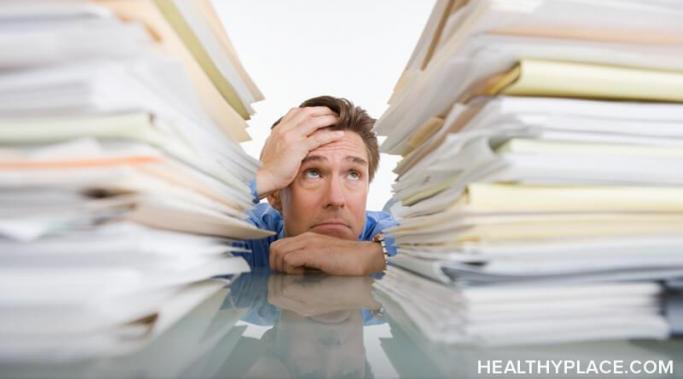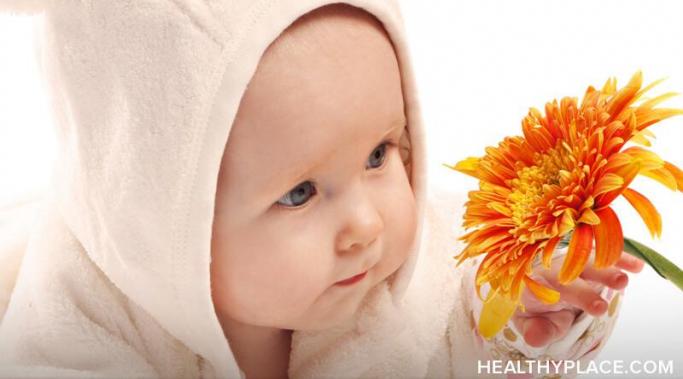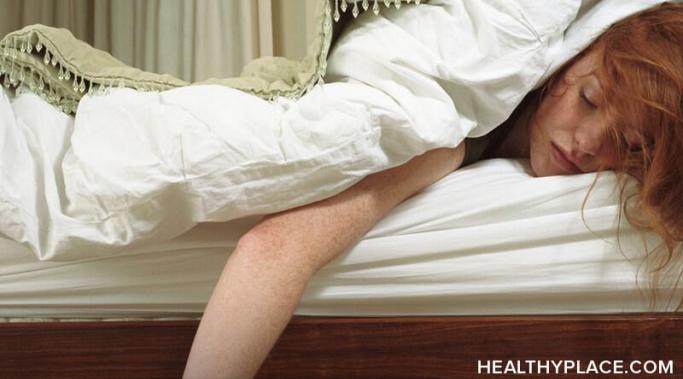I've been in recovery from mental illness for several years now because recovery is a slow, and often lifelong, process. There are many aspects of recovery that I have a pretty good handle on at this point, like opening up in therapy and sharing my experiences with others to make all of us feel a little less alone, but one part that still throws me for a loop every time is the "random" breakdowns in mental health recovery.
Lifestyle Changes
Making therapy goals is an important part of recovering from mental illness and getting the most out of your therapy experience; but, for a long time, my goals were pretty simple. I just wanted to improve my functioning and reduce my mental illness symptoms. It took a long time and a lot of work, but I'm finally in a place where my functioning level works for my life, and my symptoms of anxiety and depression only pop up every now and again rather than all day, every day. This means now I need to set new therapy goals.
Therapy homework differs for each therapist and each client, and many therapists don't do therapy homework at all, which begs the question: does it actually help? I've had several different therapists over the years, and only one or two of them have ever given me therapy homework. Some of my friends in therapy have lots of homework, and I always wondered if my therapists were doing something wrong by not giving me things to do outside of sessions. Now that I've had one or two therapists who do give homework, I think I understand some of the benefits and problems with therapy homework.
Usually, anything that helps with my depression feels like a pure blessing from above, but I have some fears about how much having a baby has helped my depression. I've found that my baby can incentivize me to get out of bed even on horrible days where, without a baby, I would have been stuck in bed all day long.
How might you balance social responsibility and mental health recovery? In my mental health recovery, I have had to consider what responsibilities I have to myself vs. social responsibility.
We need executive dysfunction coping skills because this type of dysfunction is a common symptom of all kinds of mental illnesses, from attention-deficit/hyperactivity disorder (ADHD) to depression to posttraumatic stress disorder (PTSD). Executive dysfunction makes a person struggle to perform tasks that they are otherwise completely capable of performing. Although this is often mistaken for laziness, it is a completely different experience.
New Year's resolutions are tricky for everyone, but they can be particularly troublesome for those of us recovering from mental illness. How do you set goals that will push you but won't push you over the edge? Is it possible to make resolutions that you can still accomplish even if it turns out to be a bad year for your mental health? Do you have enough faith in yourself to even set any goals this year? It's hard to know the answers to these questions, which begs another question: are New Year's resolutions a good idea for people with mental illness? I think they absolutely can be, it just depends on each individual person and their situation.
A new baby impacts your mental health just as many life events can have a significant impact on mental health recovery, a fact which I've been reminded of recently. Just a few weeks ago, I had a beautiful baby boy, and though I've been lucky enough to avoid postpartum depression, I've still had to make several adjustments in order to prioritize my mental health. In this post, I want to share a few of my tips for maintaining good mental health even through all the chaos of bringing home a new baby.
I have recently quit drinking. Drinking has negatively impacted my life for the past few months and I decided to stop a couple weeks ago. I am hoping this will put me on a path to a healthier life both mentally and physically.
Healthy sleep in recovery from mental illness is absolutely vital, but do you know when you're using sleep as a coping mechanism and when you're using it as avoidance? It can be a very fine line, but in this post and video, I talk about some of the good signs and red flags when it comes to healthy sleep in recovery from mental illness.
